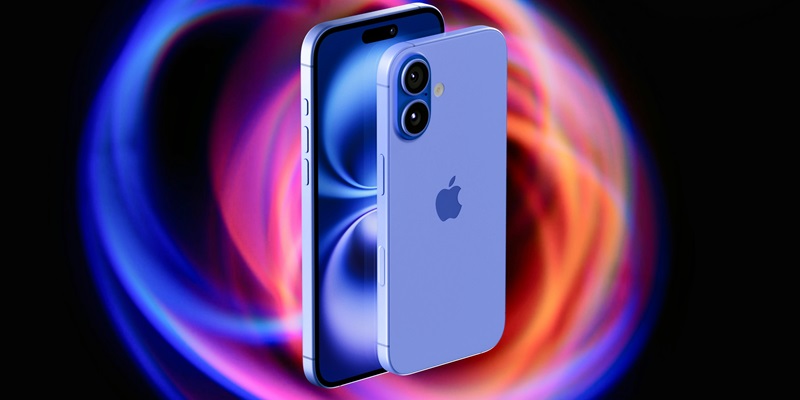In a significant leap forward, Apple’s recently launched iPhone 16 series is demonstrating substantial improvements in CPU performance, bolstered by the innovative A18 and A18 Pro chipsets. The iPhone 16 and iPhone 16 Plus, equipped with the standard A18 chip, and the iPhone 16 Pro and Pro Max, outfitted with the enhanced A18 Pro, are setting new benchmarks in the mobile device sector. Hands-on performance tests conducted by Chinese outlet Novice Evaluation reveal remarkable single-core scores of 3295 for the A18 chip and 3399 for the A18 Pro chip, confirming the incremental yet significant performance enhancements over their predecessors. Not only do these figures indicate superior single-core processing, but the multi-core results reflect a similar trend, with the A18 achieving a score of 8085 and the A18 Pro scoring slightly higher at 8408, showcasing the impressive computational power packed into these sleek devices.
Benchmarking Data and Initial Analysis
Benchmark data from Geekbench 6.3 underscores the minimal but noteworthy performance difference between the A18 and A18 Pro. While the Pro variant holds a slight edge in processing capabilities, the overall CPU improvement is substantial. Compared to last year’s A17 Pro chip, the A18 Pro offers a performance boost of approximately 15%, a testament to Apple’s relentless pursuit of excellence and innovation. The A18 chip itself outshines the A16 found in the previous iPhone 15 series by up to 35%, presenting users with faster computing speeds and more efficient power management. These advancements are vital for power users who rely on their smartphones for multitasking, gaming, and running demanding applications, providing a smoother and more responsive user experience.
Both the A18 and A18 Pro chips feature enhanced architecture and optimized performance cores that contribute to their superior scores. The A18 series has taken significant strides in closing the performance gap between Apple’s mobile and desktop hardware, a trend observed in recent performance tests that show the iPhone 16 series approaching the capabilities of Apple’s M1 chip in certain benchmarks. This impressive feat demonstrates Apple’s commitment to delivering high-performance computing in its mobile devices, making the iPhone 16 series a formidable contender in the tech industry. These performance gains are more than just numbers; they translate to real-world benefits, such as quicker load times, smoother app performance, and enhanced overall device responsiveness.
Industry Insights and Comparisons
Various industry analysts and tech publications, including Notebookcheck, have highlighted the consistency of these findings, emphasizing the significance of the enhanced CPU performance in Apple’s latest offerings. The A18 and A18 Pro chips not only elevate the iPhone 16’s performance metrics but also set a new standard for what users can expect from future smartphone generations. The iPhone 16 series, with its impressive benchmark results, positions itself as a crucial player in redefining mobile computing capabilities. Apple’s strategy of gradually bridging the gap between mobile and desktop processors is evident in these new chipsets, which are pushing the boundaries of what smartphones can achieve in terms of speed and efficiency.
The improvements in the A18 series reflect a trend toward more sophisticated and capable mobile devices, garnering attention from both consumers and tech enthusiasts alike. These advancements hint at a future where the distinction between mobile and desktop performance becomes increasingly blurred, with users receiving desktop-like capabilities in the palm of their hands. Such a future is likely to see more integrated and seamless experiences across devices, allowing for greater productivity and versatility. The A18 chip series thus represents not just an incremental upgrade but a significant leap towards this envisioned future, underlining Apple’s forward-thinking approach and technological prowess.
Conclusion
Various industry analysts and tech publications, including Notebookcheck, have underscored the consistent findings, highlighting the enhanced CPU performance of Apple’s latest innovations. The A18 and A18 Pro chips not only boost the iPhone 16’s performance metrics but set a new benchmark for future smartphone expectations. With its impressive benchmark results, the iPhone 16 series establishes itself as a key player in redefining mobile computing. Apple’s strategy to narrow the gap between mobile and desktop processors is clear in these new chipsets, which push the limits of speed and efficiency.
The A18 series improvements signal a trend toward more advanced and powerful mobile devices, attracting both consumers and tech enthusiasts. These advancements hint at a future where the distinction between mobile and desktop performance becomes increasingly blurred, providing users with desktop-like capabilities in their hands. This future would offer more integrated and seamless experiences across devices, enhancing productivity and versatility. The A18 chip series represents not just an incremental upgrade but a significant leap toward this future, showcasing Apple’s forward-thinking approach and technological expertise.

